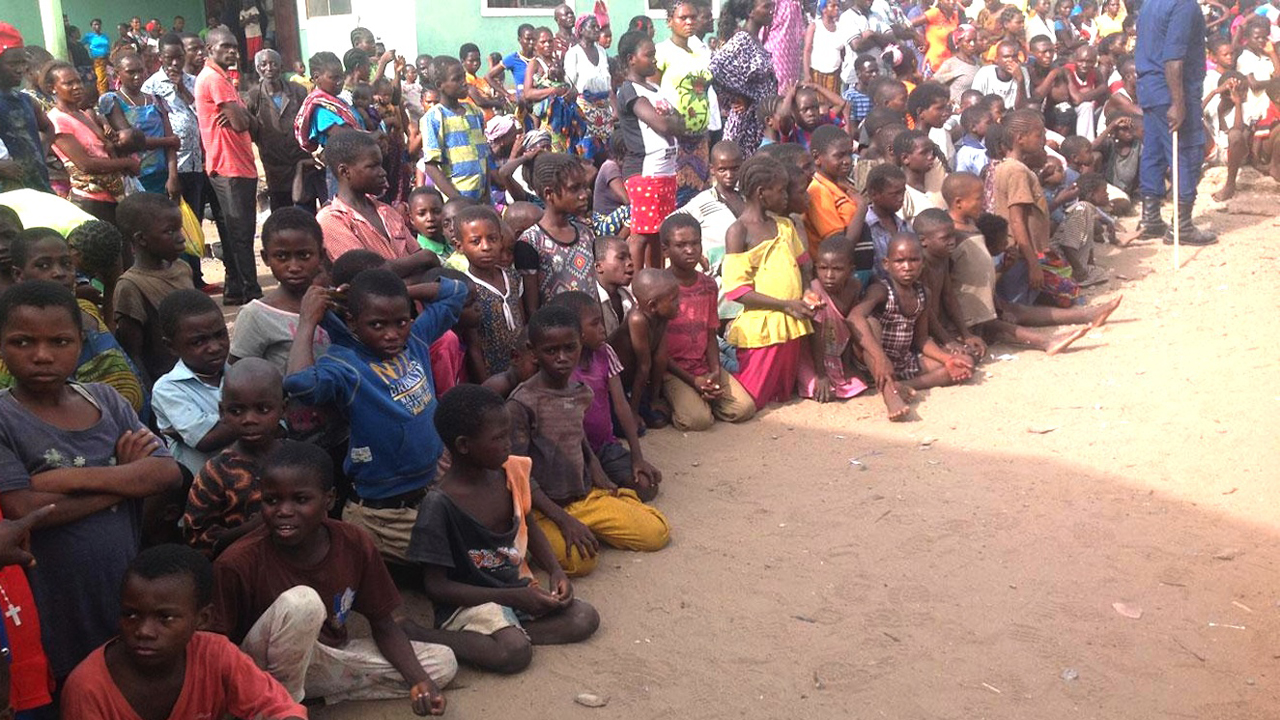
With a recent UNICEF report estimating that about 18.5 million Nigerian children are out-of-school and on the streets, about 60 per cent of which are girls, stakeholders have highlighted actionable strategies to make education more inclusive and accessible for children from every socio-economic class.
[ad]
This was the thrust at an Out-of-School Children Summit organised by IA Foundation themed, ‘Street to School: A Panacea to a Menace’, recently. At the summit, founder and Chief Executive Officer (CEO) of the IA Foundation, Mrs. Ibironke Adeagbo, reaffirmed her organisation’s commitment to ensuring that more out-of-school children are taken off the streets.
“One out of every five out-of-school Children in the world are from Nigeria. We are committed to applying a pragmatic and practical approach to changing the narrative of Nigeria having the second most out-of-school children in the world. The education crisis in Nigeria is one that requires concrete and collective actions to surmount. We remain committed to achieving the United Nations’ Sustainable Development Goal four of ensuring inclusive and equitable quality education for all,” she said.
Keynote speaker at the summit, Mr. Femi Falana, noted that to overcome the menace of out-of-school children in Nigeria, much more than just funding would be required.
[ad]
The lawyer and human rights activist believes that the general public must be properly sensitised regarding their constitutional rights to education.
“For a country like ours, it is a crime against humanity to abandon the children of the poor. When you look at what is needed to keep children in school, it is more than just a percentage of the budget. We need to make more citizens aware of their rights to quality education, so that they can hold the government accountable,” Falana said.
On her part, the Founder and CEO of Woodhall Capital, Mrs. Mojisola Hunponu-Wusu, stated that depriving the girl-child of education stems from a number of outdated cultural beliefs, noting that a change of mindset is necessary to effectively address the issue.
“As long as parents continue to see the girl-child as an asset to yield dividends and increase income, there is a tendency for them to get commercialised and sexually exploited. We need a new orientation. The girl-child is not merely an asset or investment,” she said.
Other speakers at the summit also called for creation of awareness on the constitutional right to education and the debunking of cultural misconceptions.
[ad]



